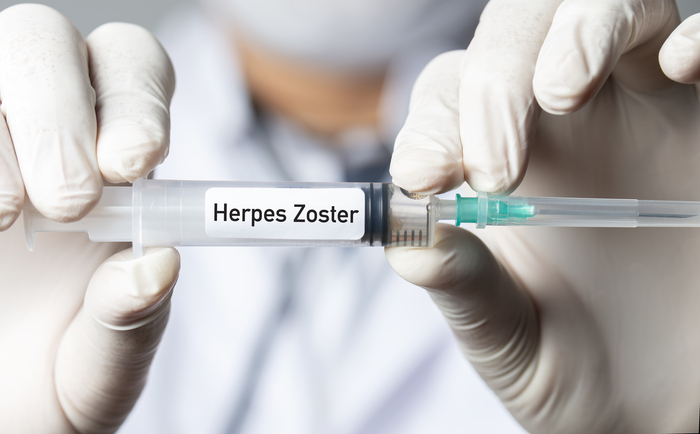Vaccination against shingles could prevent dementia by reducing its risk by 20%. Finding an association between the shingles vaccine and a lower rate of dementia is a large study published on the preprint server medRxiv, which is discussed on Nature.it.
The idea that viral infection may play a role in at least some cases of dementia dates back to the 90s, when biophysicist Ruth Itzhaki of the University of Manchester, UK, found herpesvirus in the brains of deceased people with dementia. The theory has been controversial but recent work has suggested that people infected with viruses that affect the brain have higher rates of neurodegenerative diseases.
The team led by epidemiologist Pascal Geldsetzer of Stanford University in California used data from a shingles vaccination program in Wales, which began in September 2013. Herpes zoster is caused by the awakening of the chickenpox virus, is more common in the elderly and can cause severe pain and rashes. The researchers examined the electronic health records of 296,603 people born between 1925 and 1942. The vaccine, in older adults who received it, reduced the risk of dementia by 19.9% in total. "If this is confirmed, it would have important consequences," because given the large numbers of people affected by Alzheimer's "even a modest reduction in risk has a huge impact," explains Alberto Ascherio, an epidemiologist at Harvard University in Cambridge in Massachusetts. As for the causes, it is possible that the vaccine could trigger an immune response that helps reduce the risk of dementia.
Others still call for caution. "The study is well done, but not conclusive," says Maria Glymour, an epidemiologist at the University of California, San Francisco, who said it is possible that the vaccine only delays the onset of dementia. The authors also found that the effect was mainly in women, and some believe this calls into question whether there really is a causal relationship between vaccine and dementia. So before the results influence policy choices, the researchers add, they should be confirmed by a full-fledged clinical trial.

